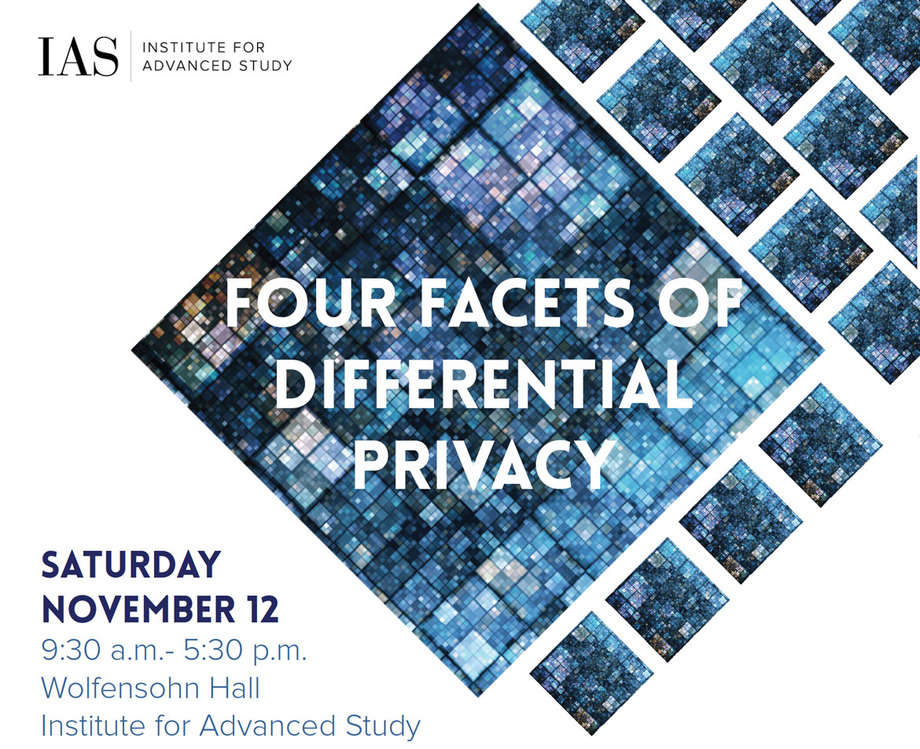Solid organ donation gets more press, but tissue transplants and medical devices made from human tissue are big business. Here's a profile of a Virginia organ and tissue bank:
Hearts, lungs and kidneys recovered by LifeNet Health get the most attention, but tissue is the larger player, By Elizabeth Simpson, The Virginian-Pilot
"[Tissues] are used in a wide variety of ways: to reconstruct breasts after cancer treatment. To repair joints in knees and ankles. To treat wounds of diabetics suffering from foot ulcers. To bridge bones in spinal fusion surgeries.
Douglas Wilson, LifeNet Health’s executive vice president, puts it into perspective this way: In one month, LifeNet provides solid organs for 40 to 60 patients, most of whom live in Virginia. But in terms of tissue transplants, some 40,000 patients a month across the globe receive LifeNet bioimplants.
That branch powers the growth of LifeNet, a nonprofit in the burgeoning Princess Anne bioscience corridor with operating revenue that topped $200 million last year. Solid organ recoveries went from 385 in 2011 to 467 last year, and tissue transplants from 389,000 to 462,000.
LifeNet is one of 58 organ procurement organizations in the country, and one of more than 100 accredited tissue banks. By law, companies can’t sell human tissue, but they can charge fees for recovery, processing, storing and distributing tissue.
And LifeNet fiercely guards its techniques. In 2014, the organization took a rival tissue transplant company to court, saying it used LifeNet’s patented technology to preserve tissue grafts and bone.
A federal jury awarded nearly $35 million to LifeNet, a finding that was appealed by the New Jersey-based LifeCell Corp., but upheld by a federal appeals court last month.
Wilson expects the growth in the tissue transplant field – which includes both for-profits and nonprofits – to continue, considering a few trends:
More older people will experience worn-out knees, hips, tendons and spinal discs. Obesity rates will fuel more diabetes cases with ulcers that require tissue transplants. And there’s the explosive field of regenerative medicine, which focuses on replacing and regenerating human cells.
“We’re sending tissue to every state and 30 countries,” Wilson said. “Allografts are used in almost every hospital in the U.S.”
When technical specialist Craig Wolf came to work at LifeNet 28 years ago, he was one of 44 employees. The number now? Nearly 900. The company has 600 products, 60 patents and branch offices in Washington and Florida."









